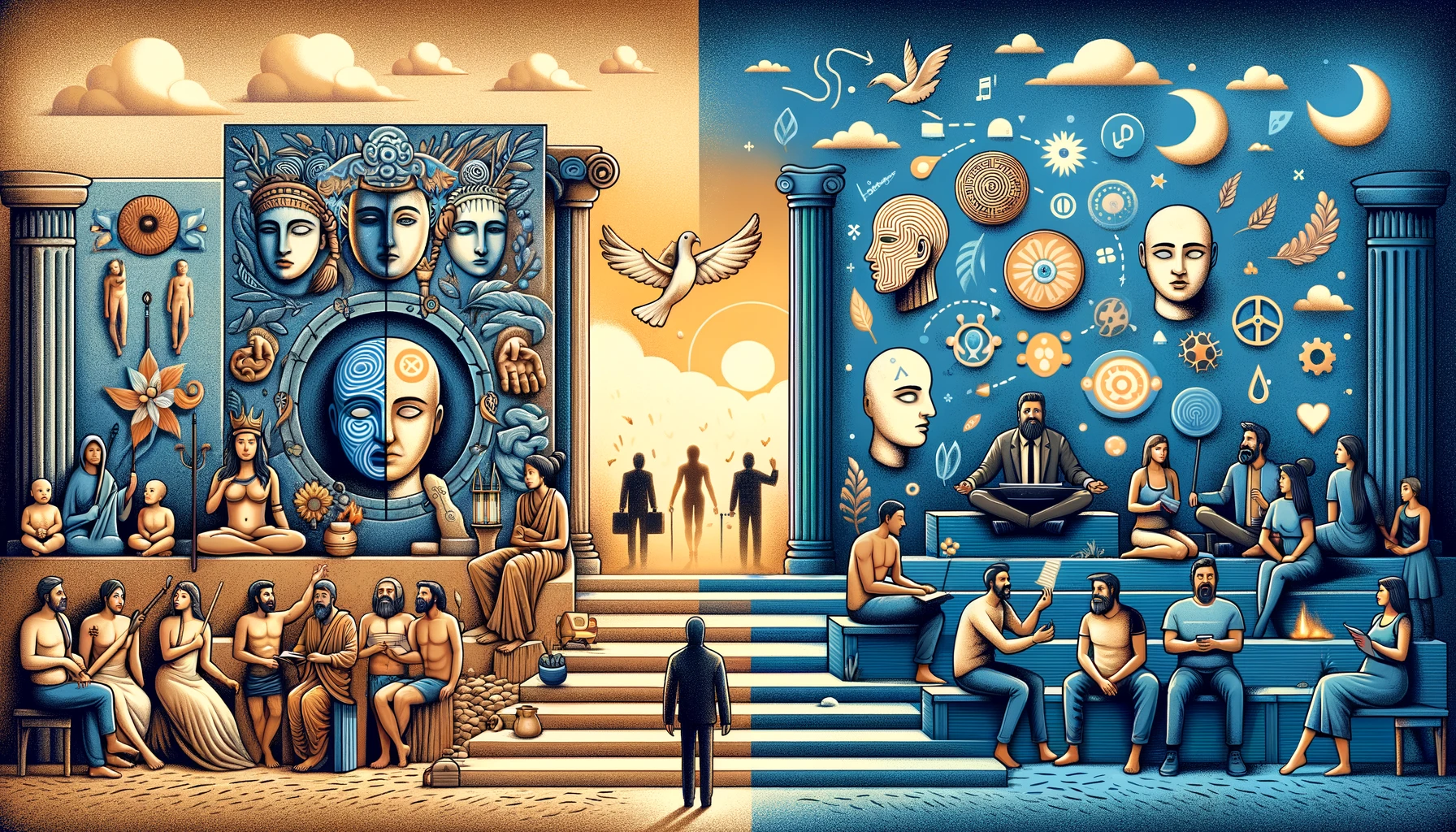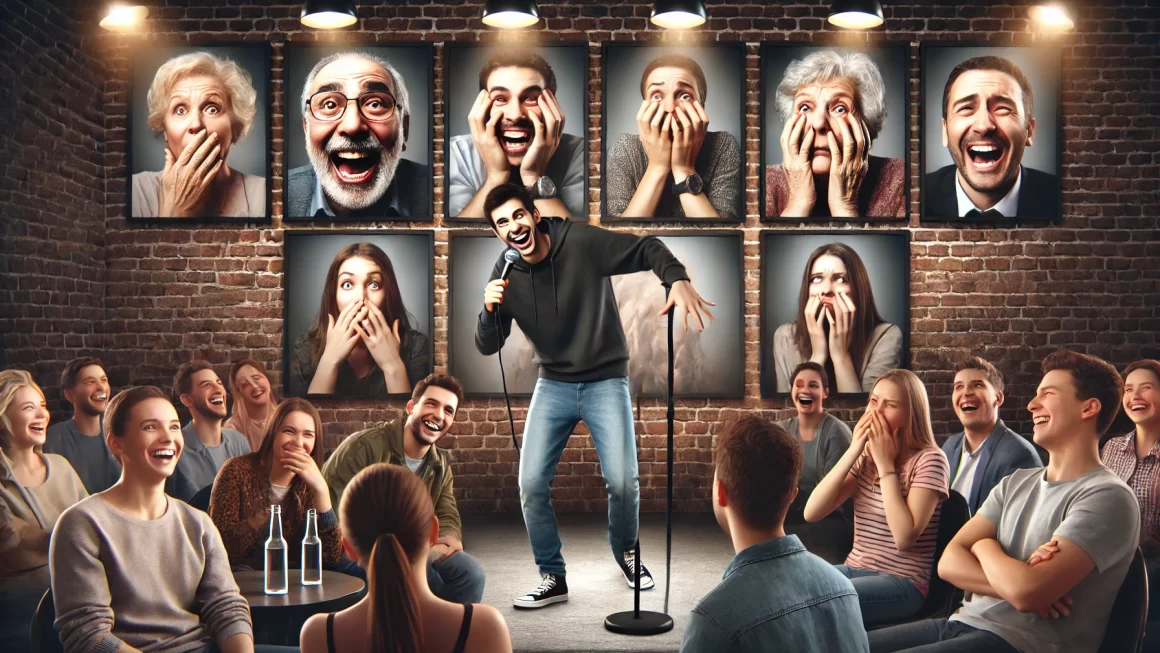A conversation that began with a simple yet profound question—Are men really as emotionally resilient as society has led us to believe, or is this notion merely a relic of outdated societal norms?—sparked a deep reflection on the stereotypes surrounding masculinity and emotional expression. This inquiry challenges us to dismantle long-held beliefs and explore the true essence of strength.
The Tale of Two Families
Let’s illustrate this with a poignant example from Indian culture, a context I’m intimately familiar with. Picture two families, each experiencing a loss that tests their emotional foundations. In one family, a man loses his wife; in the other, a woman becomes a widow. Society’s script dictates their paths: the woman, surrounded by sympathy, finds solace in her community and children. But what of the man? Traditionally the provider, his grief is masked by the expectation of stoicism, his suffering silent and his loneliness profound.
This scenario is not unique to India but resonates worldwide, highlighting how gender norms dictate emotional expression and support systems differently for men and women.
Emotional Expression: A Shared Human Right
The heart of the matter lies in the universal need for emotional expression—a need that knows no gender. Men, just like women, experience the full spectrum of emotions, from joy to sorrow, from love to loss. The societal expectation for men to remain unemotional and stoic not only strips them of their right to express these feelings but also contributes to a host of mental health issues.
Strength Redefined
The notion of strength, traditionally associated with stoicism and resilience in the face of adversity, needs reevaluation. True strength encompasses the ability to be vulnerable, to share one’s emotions freely, and to seek support when needed. This redefinition is crucial in dismantling harmful stereotypes that bind men to an unrealistic and unhealthy ideal of emotional suppression.
Society’s Role in Perpetuating Stereotypes
From an early age, boys are taught to “man up,” a directive that serves to instill a fear of emotional expression. This conditioning, reinforced by cultural narratives and media, perpetuates a cycle of emotional suppression that spans generations. Breaking this cycle requires a societal shift towards valuing emotional intelligence and vulnerability as strengths, not weaknesses.
The Silent Suffering of Men
The example of the widower in our story brings to light the silent suffering many men endure. Deprived of the societal permission to grieve openly, they are left to navigate their loss in isolation, often exacerbating their emotional distress. Addressing this issue means acknowledging the emotional needs of men and creating spaces where they can express their feelings without fear of judgment or ridicule.
A Call for Change
The path forward involves challenging these deeply ingrained norms and fostering a culture where emotional expression is seen as a sign of humanity, not weakness. By encouraging open dialogue about emotions and mental health, we can begin to dismantle the barriers that prevent men from seeking the support they need.
Reflecting on the initial question that prompted this exploration, it becomes clear that the conventional portrayal of masculine strength is not only outdated but harmful. The true measure of strength lies in one’s ability to be vulnerable and express emotions openly. By redefining strength and challenging societal norms, we can pave the way for a future where emotional well-being is prioritized for everyone, regardless of gender.




